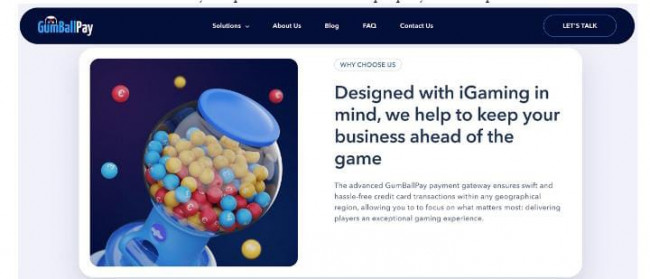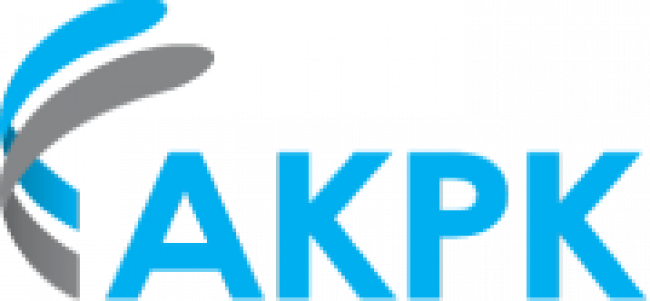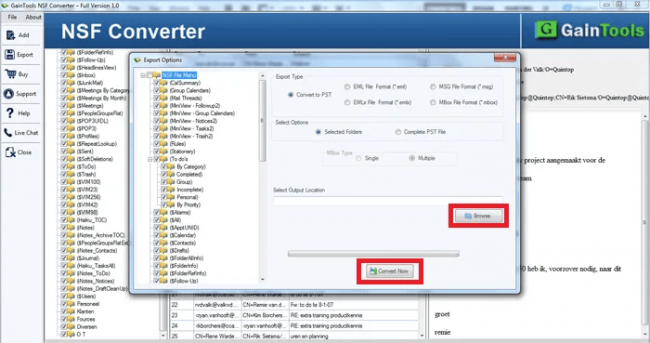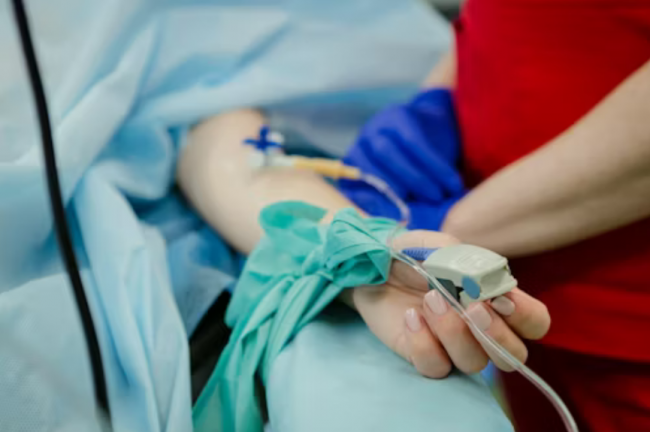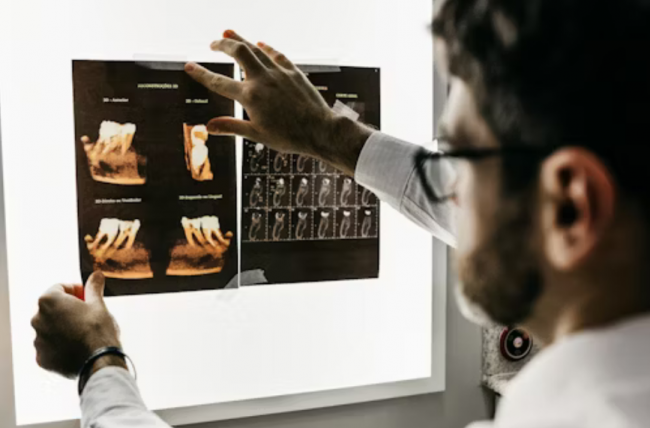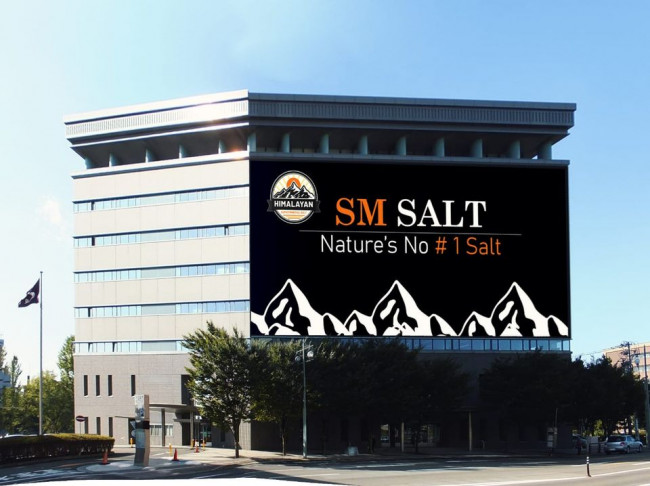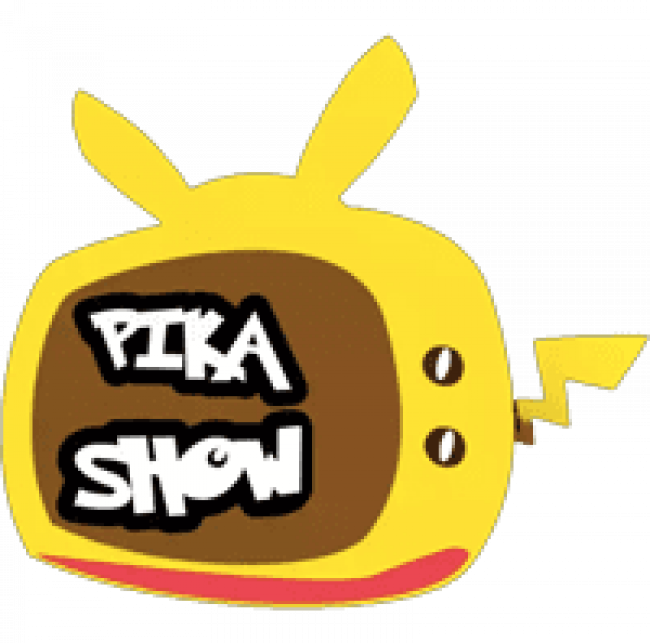In the realm of global healthcare, precision is paramount. From patient records to regulatory documents, accuracy in communication is non-negotiable. This imperative extends to the translation of medical content, where the stakes are especially high. In this article, we delve into the critical role of medical translation services in ensuring compliance with regulatory requirements.
Medical translation services serve as the cornerstone for bridging linguistic gaps in the healthcare sector. As medical practices, research, and pharmaceutical developments continue to expand globally, the need for accurate and compliant translation becomes increasingly evident. Whether it's translating clinical trial documents, patient information leaflets, regulatory submissions, or medical device instructions, precision is indispensable.
Here are some key points to consider when navigating regulatory requirements through medical translation services:
Regulatory Standards and Guidelines: Compliance with regulatory standards is a primary concern in the healthcare industry. Medical translation services must align with the regulatory guidelines of target markets. For example, documents intended for submission to the FDA (Food and Drug Administration) in the United States have specific formatting and language requirements. Similarly, the European Medicines Agency (EMA) has its own set of linguistic guidelines for pharmaceutical documentation. Medical translators need to stay abreast of these regulations to ensure adherence.
Specialized Linguistic Expertise: Medical translation requires more than just fluency in multiple languages. It demands a deep understanding of medical terminology, concepts, and industry-specific nuances. Translators with backgrounds in medicine, pharmacy, or life sciences are better equipped to accurately convey complex medical information. Moreover, they must possess the linguistic finesse to convey these intricacies effectively in the target language while maintaining compliance with regulatory standards.
Quality Assurance Processes: Rigorous quality assurance processes are imperative in medical translation to mitigate the risk of errors. Translation agencies often employ a multi-step approach involving translation, editing, and proofreading by subject matter experts. Additionally, the use of translation memory tools ensures consistency across documents and projects. Quality assurance extends beyond linguistic accuracy to encompass regulatory compliance, ensuring that translated materials meet the requirements of governing bodies.
Confidentiality and Data Security: Medical documents contain sensitive and confidential information, making data security a top priority. Medical translation services must adhere to strict confidentiality protocols to safeguard patient data and proprietary information. Translators are often required to sign non-disclosure agreements (NDAs) to maintain confidentiality. Moreover, translation agencies employ secure communication channels and encryption methods to protect data during transmission and storage.

Cultural Sensitivity: Cultural nuances play a significant role in effective communication, especially in healthcare settings. Medical translation services must be culturally sensitive, taking into account differences in healthcare practices, beliefs, and customs across regions. A culturally inappropriate translation can lead to misunderstandings or mistrust among patients, impacting their healthcare outcomes. Translators must possess cultural competence to navigate these intricacies successfully.
Adaptation to Local Regulations: In addition to complying with international regulatory standards, medical translation services must adapt to local regulations and requirements. Healthcare regulations can vary significantly from one country to another, necessitating thorough research and adaptation of translated materials. Whether it's labeling requirements, dosage instructions, or legal disclaimers, translations must align with the specific regulations of the target market.
Continuous Professional Development: The field of healthcare is dynamic, with new medical advancements and regulatory updates emerging regularly. Medical translators must engage in continuous professional development to stay abreast of these changes. Participation in relevant training programs, conferences, and workshops helps translators enhance their knowledge and skills, ensuring they remain competent in their specialized field.
Risk Mitigation: In the realm of healthcare, even a minor mistranslation can have serious consequences. Inaccurate translations of medical documents can lead to misdiagnosis, improper treatment, or regulatory non-compliance, posing risks to patient safety and public health. Medical translation services employ risk mitigation strategies to minimize these risks, including thorough documentation, verification processes, and adherence to regulatory guidelines.
Regulatory Submission Support: Pharmaceutical companies and medical device manufacturers rely on medical translation services to support regulatory submissions in various markets worldwide. Whether it's preparing documents for clinical trials, marketing authorization applications, or post-market surveillance reports, accurate translation is crucial for regulatory approval. Medical translators work closely with regulatory affairs teams to ensure that translated documents meet the stringent requirements of regulatory authorities.
Interpretation Services: In addition to written translation, medical interpretation services play a vital role in facilitating communication between healthcare providers and patients with limited English proficiency. In clinical settings, interpreters help bridge language barriers during medical consultations, ensuring that patients receive accurate information about their diagnosis, treatment options, and medication instructions. Interpreters must adhere to ethical standards, maintain confidentiality, and accurately convey medical information without bias or omission.
Medical Device Labeling and Packaging: Medical device labeling and packaging must comply with regulatory requirements in the target market, including language, format, and content specifications. Medical translation services are instrumental in translating labels, instructions for use (IFU), and packaging materials to ensure that they meet the linguistic and regulatory standards of the intended market. Translators must accurately convey critical information such as indications for use, warnings, contraindications, and precautions to ensure user safety and regulatory compliance.
Pharmacovigilance and Adverse Event Reporting: Pharmacovigilance is the science of monitoring and evaluating the safety of pharmaceutical products post-approval. Medical translation services support pharmacovigilance activities by translating adverse event reports, safety data sheets, and drug labeling updates for global distribution. Translators must accurately translate medical terminology related to adverse reactions, drug interactions, and product safety information to facilitate timely reporting and regulatory compliance.
Patient Education Materials: Patient education materials play a crucial role in empowering patients to make informed healthcare decisions and adhere to treatment plans. Medical translation services translate patient education materials such as brochures, leaflets, and informed consent forms into multiple languages to reach diverse patient populations. Translators must ensure that translated materials are culturally appropriate, linguistically accessible, and compliant with regulatory requirements to effectively communicate health information to patients and caregivers.
Continuing Education and Training: Medical translation is a specialized field that requires ongoing education and training to keep pace with advancements in medicine, technology, and regulatory standards. Medical translators engage in continuing education programs, workshops, and professional conferences to enhance their knowledge of medical terminology, regulatory requirements, and translation best practices. By investing in professional development, medical translators ensure that they maintain the highest standards of accuracy, quality, and compliance in their work.
In essence, medical translation services play a multifaceted role in navigating regulatory requirements in the healthcare sector. From mitigating risks and supporting regulatory submissions to facilitating patient communication and pharmacovigilance activities, medical translators contribute to the safety, efficacy, and compliance of medical products and services on a global scale. By upholding the highest standards of accuracy, confidentiality, and professionalism, medical translation services ensure that language barriers do not compromise the quality of healthcare delivery or regulatory compliance.



